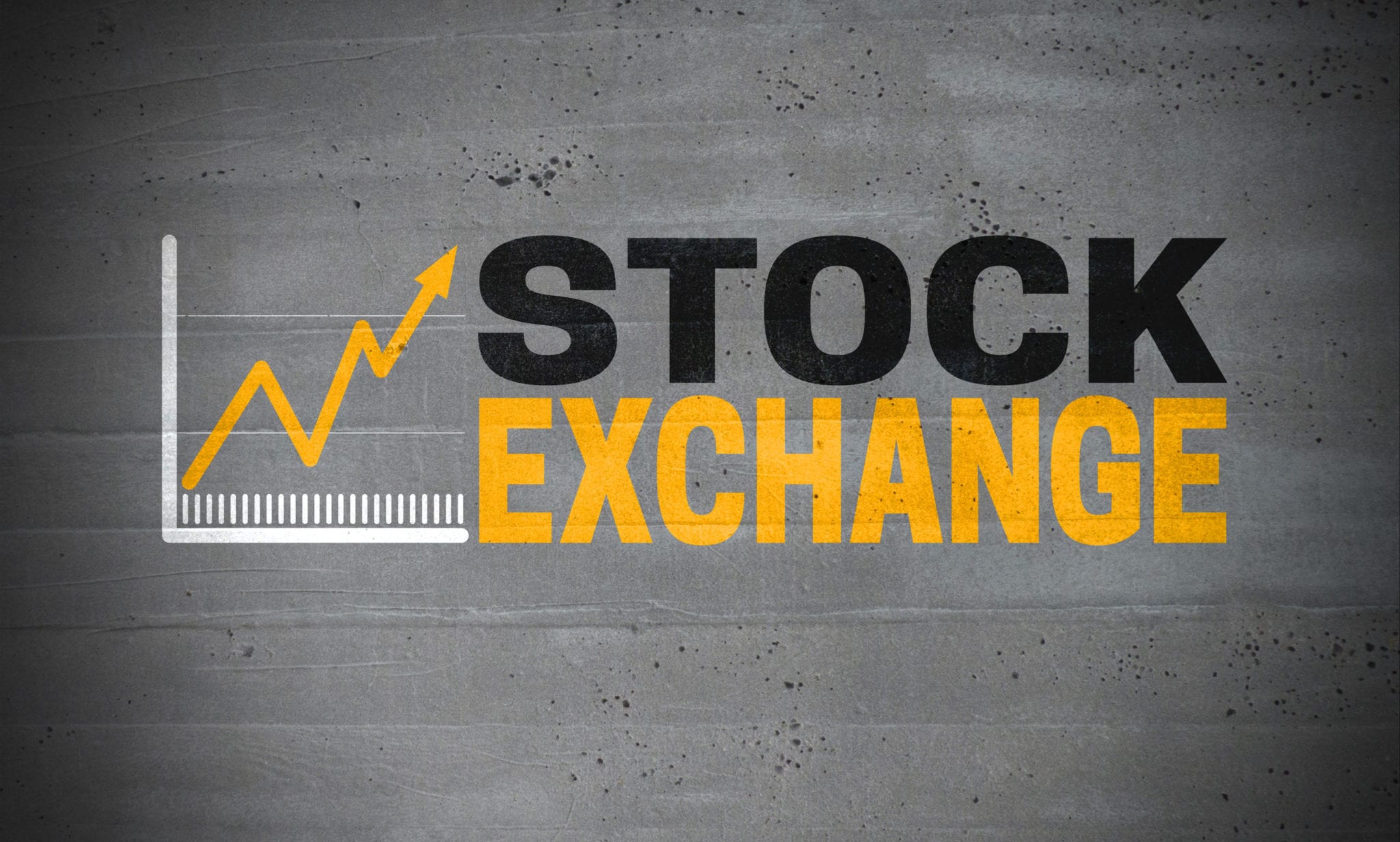Insider trading takes place quite frequently in the stock market. Anyone, from an everyday investor to a CEO of a successful company, can and do engage in the illegal activity.
However, prior to the current year, insider trading was not codified. That made it difficult for federal authorities to go after insider traders because they had to rely on precedent rather than law.
In other words, federal prosecutors had to use rulings from other cases to prove their own instead of pointing to specific statutes and legislation.
The Insider Trading Prohibition Act was enacted to change this dilemma. Let us explain.
What Exactly Is Insider Trading?
To better understand the laws regarding insider trading, it is important to first identify what insider trading is. One common misconception is that all insider trading is illegal. That’s not the case. There are in fact both legal and illegal forms of insider trading.
Legal Insider Trading
Essentially, an “insider” is anyone at a director or senior officer level in a corporation or someone who owns more than 10 percent of a company’s share of votes. That definition ensnares anyone authorized to trade a company’s shares based on knowledge not available to the public.
These insiders are legally allowed to purchase stocks in their firms as well as the subsidiaries that employ them – but these trades must be registered with the Securities and Exchange Commission.
Illegal Insider Trading
Illegal insider trading is the practice of trading non-public information for profit. This could be done by anyone, even if the person is not directly connected with the company. For example, a waiter could overhear a conversation between two executives of a publicly-traded company who are out for lunch. While this scenario is highly unlikely, if the waiter then sells this non-public information to someone, they could face possible indictment for insider trading.
The Insider Trading Prohibition Act (ITPA)
The ITPA codifies and defines insider trading in a legal terms. The new legislation specifies that it is unlawful for a person to buy, sell, enter into or cause the purchase of securities when they are aware of any material, nonpublic information (MNPI) related to the respective security.
This includes any MNPI that would be reasonably expected to affect the market price of said security. The person must also know or recklessly disregard that the information was wrongfully obtained or used.
Other Important Takeaways on Material, Nonpublic Information
MNPI must be given for direct or indirect personal benefit.
The ITPA prohibits the wrongful communication of MNPI. It codifies the act of “tipping” which has previously existed only in case law. The new Act specifically make the sharing of MNPI information to another person when there is a reasonably foreseeable chance it may be misused.
Trading while aware of MNPI would be wrongful if it constitutes: theft, bribery, misrepresentation, breach of confidentiality obligations or relationships among other factors.
ITPA codifies the SEC’s stance that insider trading, even without an agreement not to trade, is still a breach of confidentiality. It also adds that it is a breach of contract.
The ITPA states that a person does not necessarily have to know how the MNPI was obtained or communicated or whether or not there was any personal benefit. They may still be guilty if they were aware and chose to ignore that the MNPI was wrongfully obtained and used.
The SEC many grant exemptions to the new trading ban under some circumstances.
What Is the Significance of the ITPA?
As seen in the analysis above, the ITPA codifies a lot of case law, transforming previous precedents into statutory law, making it easier for prosecutors to go after cases of insider trading.
Although this is an important piece of legislation, it also has implications of casting a wider net over those who may be found guilty of insider trading.
It is important for individuals who have been accused of insider trading under the new law to understand that they are entitled to their right for legal representation. Since this legislation is so new, it is recommended to find a lawyer who specializes in securities cases.
Why? Because the penalties for insider trading are pretty steep.
The Penalties of Insider Trading
Individuals accused of insider trading may be charged with a securities fraud charge. These charges carry severe penalties.
The maximum criminal penalties for insider trading are 20 years imprisonment and/or $5,000,000 in fines. A non-person entity (such as a corporation) can face a fine up to a maximum of $25,000,000.
Individuals may also be held liable for civil damages depending on the circumstances surrounding their case.
With such steep penalties and in light of new legislation, individuals accused of insider trading need to understand what is at risk. If you are charged with insider trading, don’t face them alone. Find an experienced Texas securities attorney to bring into your fold.






